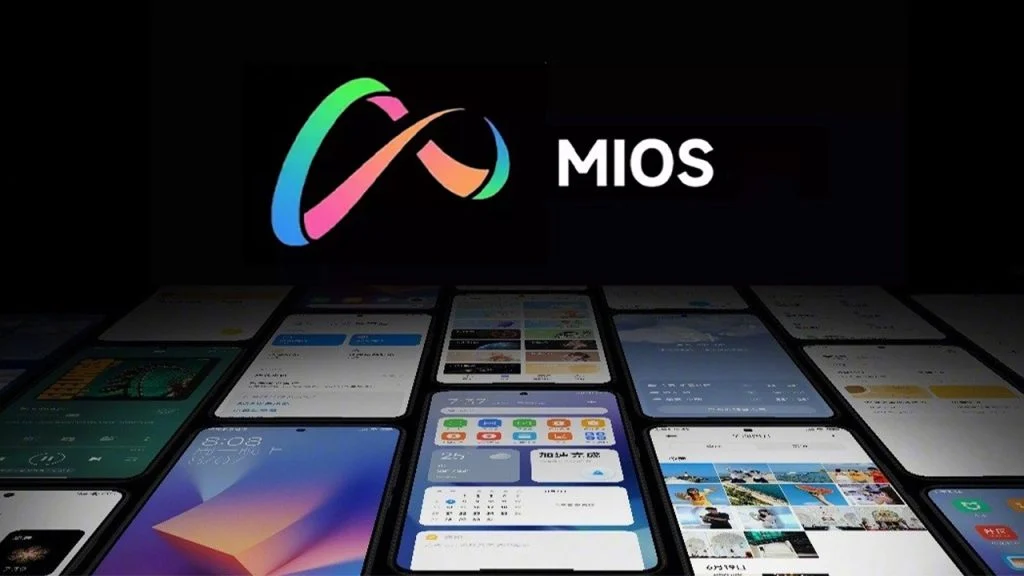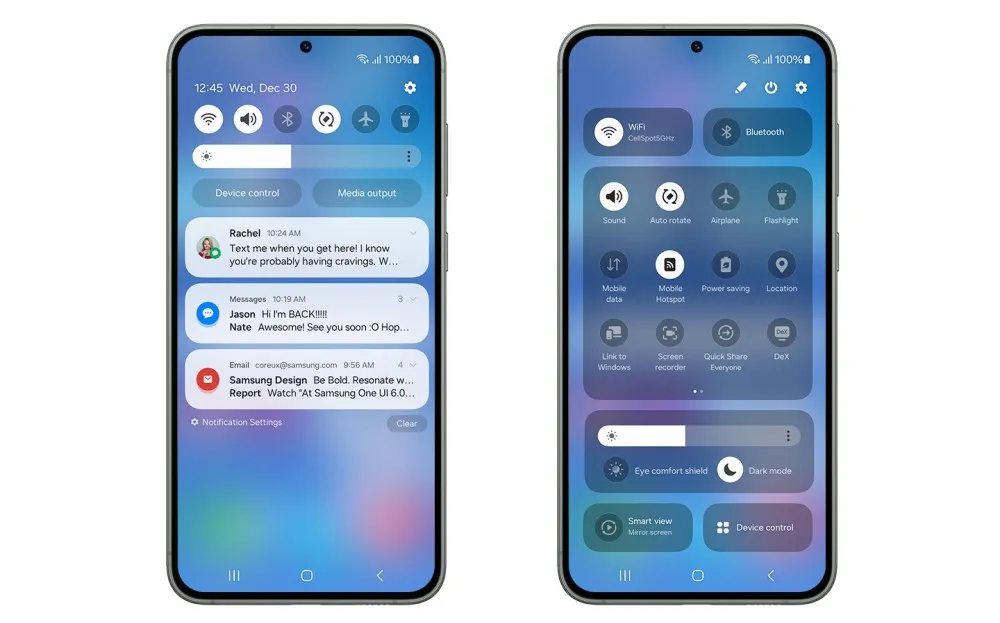The Federal Communications Commission (FCC) has taken a firm stand against robocalls with a recent decision that bans the use of AI-generated voices in such calls within the United States. This action, effective immediately, marks a significant expansion of the Telephone Consumer Protection Act (TCPA) and is aimed squarely at combating scams that employ sophisticated AI voice technologies to deceive, extort, and misinform the public.
Addressing the Issue of AI-Generated Voice Robocalls
FCC Chair Jessica Rosenosworcel reiterated the urgency of addressing this issue, noting the increasing use of AI voices by scammers to target vulnerable individuals, impersonate well-known figures, and spread false information. The FCC’s bold move underscores its commitment to leveraging existing legal frameworks and regulatory expertise to tackle emerging threats posed by advanced technologies.
Investigation into Life Corporation
This regulatory update follows closely on the heels of an investigation into Life Corporation, led by the FCC and New Hampshire’s attorney general. The company, under scrutiny for deploying robocalls mimicking President Joe Biden, is now the subject of a criminal probe. This case exemplifies the kinds of abuses the FCC aims to curtail with its latest ruling.
Adapting Consumer Protection Laws to the Digital Age
The decision to outlaw AI-generated voice robocalls reflects a broader effort to adapt longstanding consumer protection laws to the challenges of the digital age. Experts like Nicholas Garcia of Public Knowledge applaud the FCC’s proactive stance, acknowledging the agency’s capacity to address new technological threats in real-time while building on the foundations of existing legislation.



